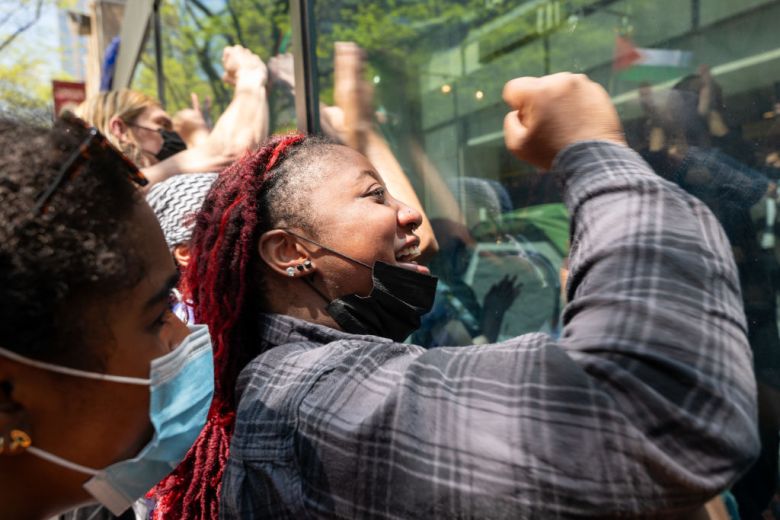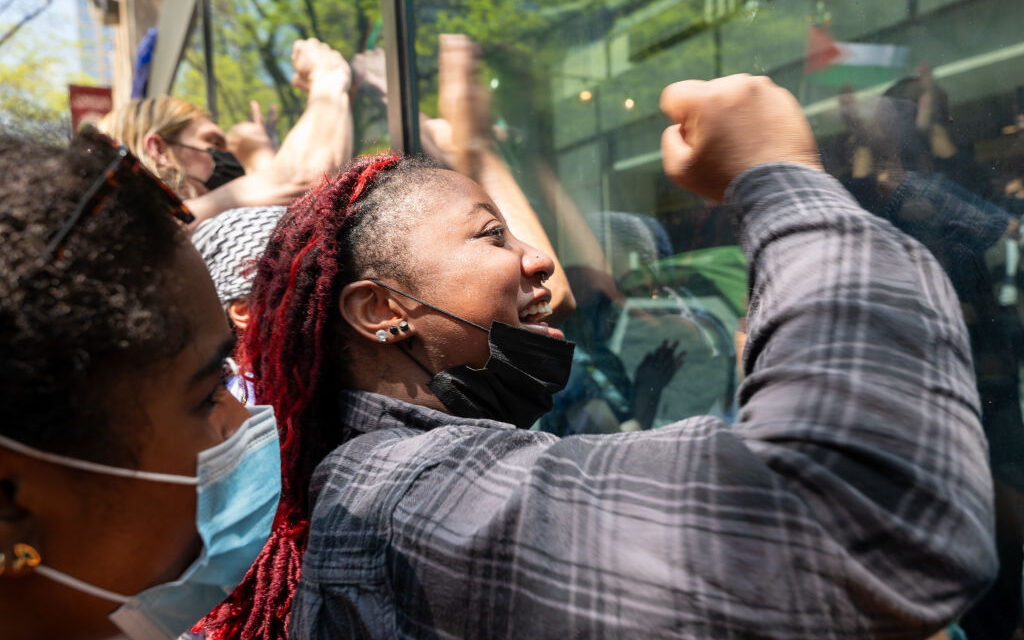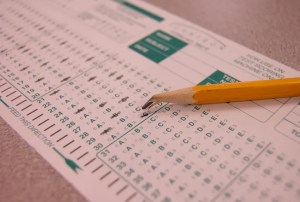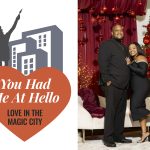
“Black Vote, Black Power,” a collaboration between Keith Boykin and Word In Black,
examines the issues, the candidates, and what’s at stake for Black America in the 2024 presidential election.
The past two weeks of campus protests have exposed the hypocrisy of Republicans who claim to stand for “law and order” and free speech.
As NYPD officers converged onto Hamilton Hall at Columbia University Tuesday night, Republican presidential candidate Donald Trump called into Fox News and complained that police should have acted “a lot sooner.” The protesters had done “tremendous damage” to a New York City “landmark,” he told Fox News anchor Sean Hannity.
This from the man who sat in the White House watching TV and doing nothing for 187 minutes when the nation’s most important landmark, the U.S. Capitol, came under attack on January 6, 2021.
When it comes to “law and order,” Trump and the Republicans believe that laws should only apply to certain people. We saw this with Trump’s contradictory responses to two defining news events in his final year in office.
When racial justice protests erupted in the summer of 2020 after George Floyd was killed by police in Minneapolis, Trump’s response was forceful, condemning Black Lives Matter activists as “hoodlums.” “They’re bad people. They don’t love our country. And they’re not taking down our monuments,” he objected.
But when the January 6 insurrectionists attacked the nation’s most sacred monument, Trump waited more than three hours before he reluctantly recorded a video message to the violent mob who tried to stop our democracy. “We love you. You’re very special,” Trump told the attackers. “I know how you feel.”
He was not alone. A year after the January 6th failed coup attempt, the Republican National Committee adopted a resolution calling the attack “legitimate political discourse.”

It’s hard to argue for law and order while you’re justifying an attack on Capitol Police Officers and defending a man who runs a company that was convicted of criminal tax fraud two years ago and is currently on trial, facing 88 charges in four criminal indictments.
The selective outrage from Republicans also exposes their hypocrisy about antisemitism.
When torch-bearing Nazis marched through the college town of Charlottesville, Virginia, chanting “Jews will not replace us” in 2017, Trump claimed there were “very fine people on both sides.” When 11 people were shot and killed at the Tree of Life synagogue in Pittsburgh in 2018, Trump blamed the synagogue for not having armed guards on site. When Trump tweeted an anti-Semitic image of Hillary Clinton next to a pile of cash and the Star of David in 2016, Republicans still stood by him. And when Marjorie Taylor Greene claimed that Jewish space lasers caused the 2018 California wildfires, many Republicans stood by her as well.
Even as Trump has been indicted by four different grand juries of American citizens, Republicans keep blaming Jewish billionaire George Soros. They never launched a congressional investigation into how Trump’s incendiary rhetoric contributed to a rise in antisemitic hate crimes when he was president, or about the Neo-Nazis who participated in the January 6 riot. But they are investigating college presidents and college students for antisemitism in the wake of the October 7 Hamas attack in Israel.
Both should be examined, as well as the rise of Islamophobia in America, but Republicans are only focused on one issue. Just today, the House passed a divisive bill to crack down on student protests by defining criticism of Israel as a form of antisemitism.
The GOP goal is to exploit campus conflict to drive a larger agenda against higher education. They seek to cut funding for universities, fire college professors and presidents, and eliminate diversity, equity, and inclusion programs that challenge white supremacy.
Just a few years ago, Republicans argued that we needed new laws to protect free speech and unpopular ideas on college campuses. But now those same Republicans are policing speech and arresting even peaceful protesters.
I taught for several years at Columbia University and City College of New York, and I support the right of students to protest peacefully on those college campuses and elsewhere, just as I support a two-state solution in the Middle East. I do not support violence from protesters or from police, or antisemitism, Islamophobia, or the harassment of Jewish or Muslim students.
For those who sympathize with the cause of Palestinians but don’t support college protests, I urge you to read Martin Luther King Jr.’s “Letter from a Birmingham Jail.” Dr. King had no problem with protest and tension, but he condemned protest critics who were “more devoted to order than to justice” or preferred “a negative peace which is the absence of tension to a positive peace which is the presence of justice.”
The true path to peace is the same on American college campuses as it is in Israel and Gaza. Sustainable peace will not come through violent confrontation, displays of force, or retribution. Nor will it come from hypocritical show trials and stunt bills. It will only come by dismantling systems of oppression and replacing them with systems of justice.

Keith Boykin is a New York Times–bestselling author, TV and film producer, and former CNN political commentator. A graduate of Dartmouth College and Harvard Law School, Keith served in the White House, cofounded the National Black Justice Coalition, cohosted the BET talk show My Two Cents, and taught at the Institute for Research in African-American Studies at Columbia University in New York. He’s a Lambda Literary Award–winning author and editor of seven books. He lives in Los Angeles.
The post What College Protests Say About America appeared first on Word In Black.
The post What College Protests Say About America appeared first on AFRO American Newspapers.











